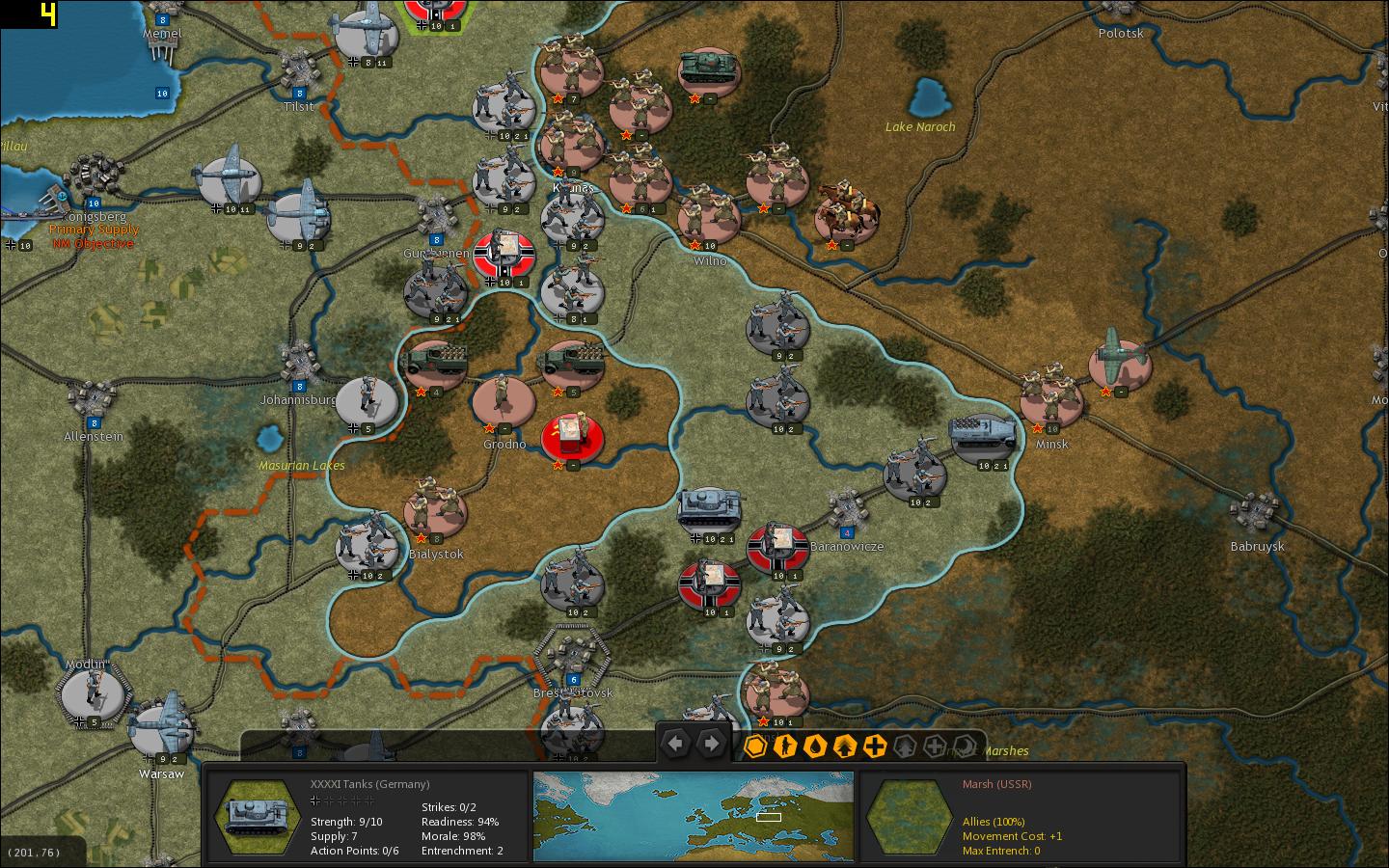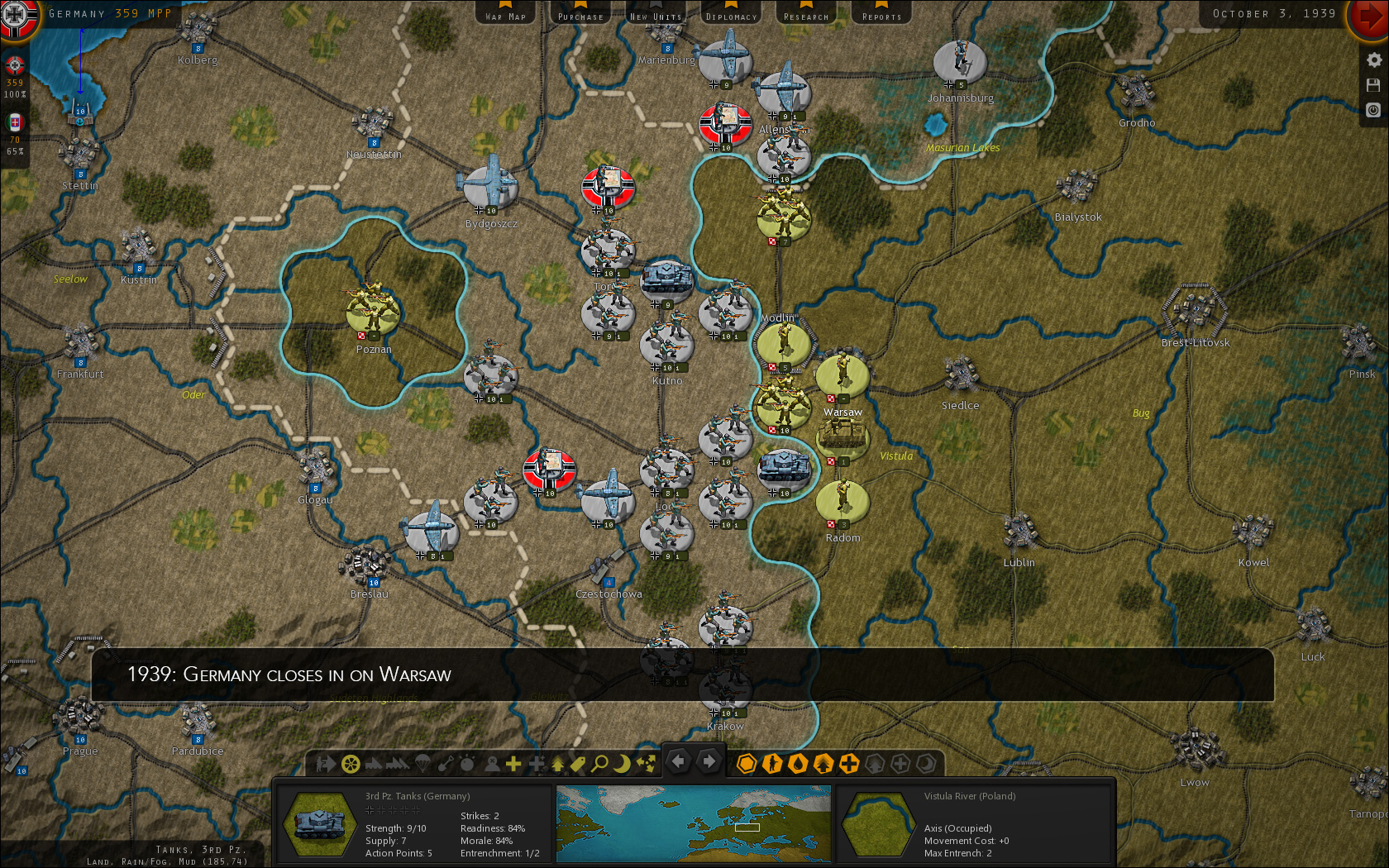
When this was asked before the 2016 Brexit referendum, an average of 34% across the EU of 28 agreed. It asks people to agree or disagree with the statement “(our country) could better face the future outside the EU”. If you dig a little deeper into that Eurobarometer data, you find a regular question that has always intrigued me. The politics of many individual member states tell a far less pretty story than these headline figures, and the external challenges that this union faces are larger than at any time before. ‘Despite the best efforts of rogue nationalists such as Hungary’s Viktor Orbán, European solidarity has been maintained.’ Photograph: Olivier Matthys/EPA To cap it all, another recent poll shows that since Brexit, even the British have come to have more confidence in the EU than in their own government and parliament. The latest Eurobarometer opinion poll suggests that, taking an average across the 27 member states, most European citizens “tend to trust” the institutions of the EU more than their own national governments and parliaments (47% to 32% and 33% respectively) 45% have a generally positive image of the EU, against 18% negative 62% say they are optimistic about the future of the EU, against 35% pessimistic. The EU now has a major geostrategic project in a new round of enlargement, to include Ukraine, Moldova and possibly Georgia, as well as the western Balkans, and another in the interlinked fields of energy security and green transition. The European parliament has been instrumental in pushing forward the agenda of eastward enlargement. Josep Borrell, the EU’s foreign policy supremo, has argued forcefully for extending the scope of the European Peace Facility.

The European Commission president, Ursula von der Leyen, has found the great cause of her presidency in supporting Ukraine. What is more, we have seen strategic leadership coming from the European institutions. Not only have many individual member states offered impressive levels of military support to Ukraine, in a move that would have been unthinkable before Vladimir Putin’s full-scale invasion on 24 February 2022, something called the European Peace Facility is being used to commission large-scale purchases of arms and ammunition for the Ukrainian armed forces, whose major counteroffensive is to be expected in the next few weeks.

After another slow start – slow starts are what you get with a still substantially intergovernmental community of 27 different states – the EU is giving €18bn of economic support to Ukraine this year. Ukrainian refugees have been made welcome across the bloc, putting to shame Britain’s niggardly, obstructionist visa procedures. Despite the best efforts of rogue nationalists such as Hungary’s Viktor Orbán, European solidarity has been maintained through 10 rounds of tightening economic sanctions on Russia. European leaders finally did what they should have done a decade before, reacting to the eurozone crisis that first became acute in 2010.Įven more remarkable has been the response to the war in Ukraine. There was now shared European debt and much of the money would be distributed in the form of grants, not just loans, to hard-hit countries such as Italy. Two longstanding north European taboos were felled at once. Online attendees will receive the access link by email.After a slow start, and an initial sharp reversion to unilateral national actions, the EU responded to the economic consequences of the Covid pandemic with a bold leap forward: €800bn (£700bn) of recovery funding for member states, branded NextGenerationEU.

STRATEGIC WAR IN EUROPE YOUTUBE REGISTRATION
Registration is required to have a guaranteed seat and be able to attend. The debate will count on the participation of Oriol Costa, Senior Associate Researcher at IBEI and Associate Professor at the Faculty of Political Science and Sociology of the Universitat Autònoma de Barcelona (UAB) Mary Kaldor, Professor Emeritus of Global Governance and Director of the Conflict Research Programme at The London School of Economics and Political Science, and Affiliated Faculty member at IBEI and Pol Morillas, Director of CIDOB (Barcelona Centre for International Affairs) and will be moderated by Carme Colomina, Senior Research Fellow at CIDOB (Barcelona Centre for International Affairs). A little more than a year into the Russian invasion of Ukraine, and a year after the Bucha massacre, we take stock of the implications of the war for the international and regional order, as well as the European security architecture, and explore possible avenues ahead for the key actors in the region.ĬIDOB and IBEI jointly organise this roundtable and bring together views from the fields of human security, EU integration, and EU foreign policy.


 0 kommentar(er)
0 kommentar(er)
